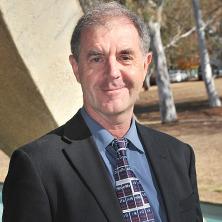New drug leads for cholesterol (2016-2018)
Abstract
The broad aim of this project is address outstanding challenges in the development of non-statin based therapeutics for lowering cholesterol. Specifically, we will focus on the interaction between the plasma protein PCSK9 and the LDL receptor (LDL-R), a genetically validated target for lowering cholesterol that is currently pursued by the pharmaceutical industry. So far the only therapeutics under clinical trials or regulatory review are antibodies which have the disadvantages of unfavourable delivery route (injection), high cost of manufacture and potential for immunogenicity, raising the need to not only investigate new molecular entities but also novel production systems. Peptides, an underexplored drug design class, offer the potential to specifically target the binding interaction while having favourable biopharmaceutical properties because of their smaller size. Our overall design strategy is to use small disulfide-rich peptides to block the binding interaction by mimicking a part of the LDL-R and is based on the recent discovery of a potent peptide lead by our laboratory. We will develop structure-activity relationships, optimise lead molecules for activity and biopharmaceutical properties to explore their potential for oral delivery, and explore plant-based production to address the issue of cost of manufacture. The techniques used in the project include peptide synthesis, structural characterisation by NMR, biophysical measurements of binding interactions, cell-based assays and pharmacokinetic measurements. The expected outcomes include new knowledge on the structural features underpinning the PCSK9:LDL-R interaction and new lead peptides that are active in the blocking it, as well as new ways of production of cholesterol-lowering drugs. This project is significant because it has the potential to lead to a new generation of drugs that have the potential to markedly reduce the cost and health burdens associated with cardiovascular disease.


